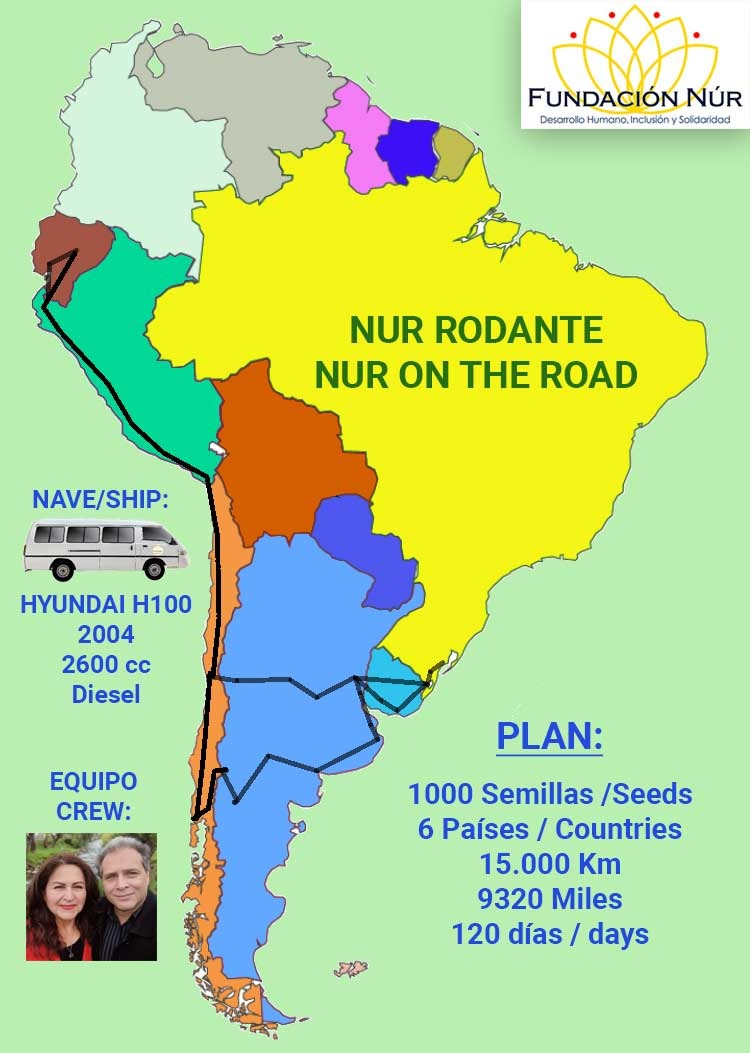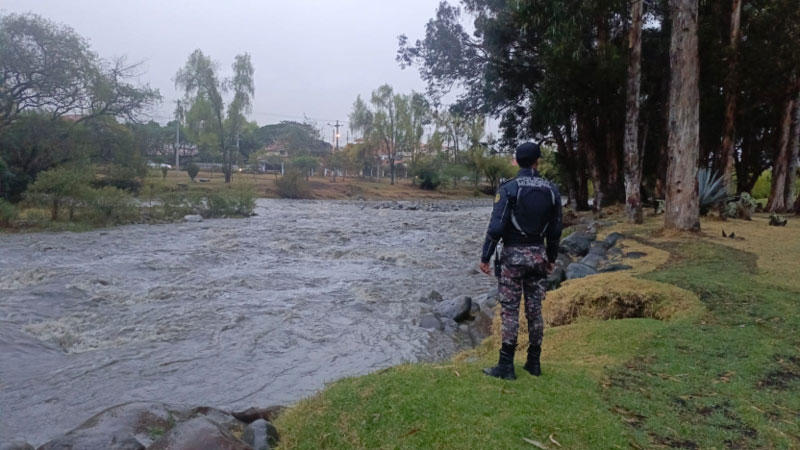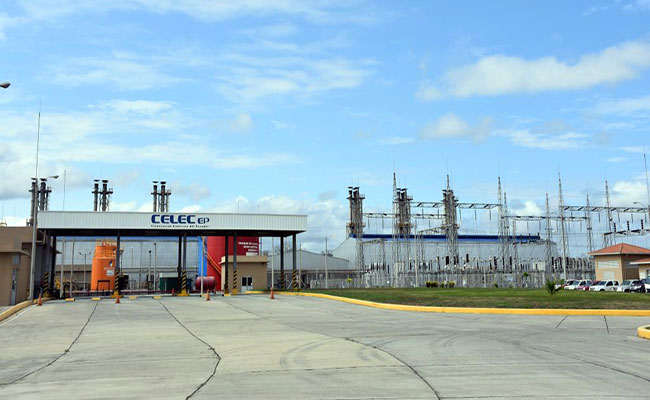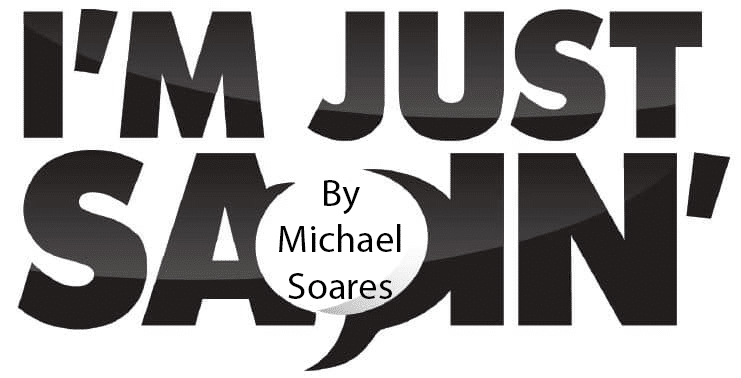Criminalizing meat-eating and ‘sin taxes’ on the agenda, but other meal threats loom even larger
Editor’s note: This is the first of a four-part series about the impact of the human diet on the global climate crisis and strategies to deal with it.
By John Keeble
Meat eating’s damage to global climates, forests and wildlife is forcing radical control measures onto political agendas – including criminalising it and imposing penally-high taxation.
taxation.
At the same time, technology is on the brink of replacing animal flesh with lab-produced meats, and the plant-based food industries are already making huge inroads into meat and dairy consumption.
Consumer shifts – already being felt extensively in the dairy industry – are pushing meat producers towards what one influential report, by the independent technology think tank RethinkX, predicts will lead to the collapse of the meat and dairy industries within 11 years.
The UN Food and Agriculture Organization says the livestock sector alone produces 14.5% of global greenhouse gas emissions – more than cars, aviation, ships and other transport put together.
In addition, overconsumption of meat is threatening a global epidemic of antibiotic-resistant superbugs as well as causing cancers in humans.
 Despite the growth of alternatives, world meat production is running at record levels as poorer countries develop their economies and want a share of animal foods. Add population growth to this situation, and you can see the runaway dangers to the planet and its creatures.
Despite the growth of alternatives, world meat production is running at record levels as poorer countries develop their economies and want a share of animal foods. Add population growth to this situation, and you can see the runaway dangers to the planet and its creatures.
It is clear that something has to be done. Are we, as a species, going to eat our way into extinction when all our resources have gone and the planet is an inhospitable hotspot?
Criminalising meat-eating: This idea was put forward recently in Britain by Michael Mansfield, a Queen’s Counsel once described as “the king of human rights work” in Britain’s most senior courts. He says we should criminalise meat eating to save the planet and he is trying to get political support for it. He wants a law against what he calls “ecocide”.
It is the kind of idea that whips up a dramatic reaction – from fear and anger in meat-eaters to hope in those who see the damage to the planet and those who are horrified by the appalling cruelty to animals.
How many animals are killed per second worldwide? Take a look at this.
Manfield’s campaign is unlikely to get much political traction at the moment, but the climate emergency could change that in the next couple of years.
“Sin-tax” on meat: Fitch Solutions, a marketing specialist firm, predicts that German political pressure to increase VAT on red meat from 7% to 19% could be echoed worldwide as governments try to cut consumption.
Its report pinpoints reasons governments would want a heavy tax on meat: it is a proven cause of cancer, it damages the environment, and it is very cruel to animals.
In the difficult international efforts to cut climate damaging gases, higher taxes on meat – and possibly dairy – are easy to implement and present to populations as necessary and beneficial (especially, as suggested in Germany, if the tax money is used for animal welfare).
Meat alternatives: Plant-based foods are taking consumers by storm across developed countries including the U.S., UK and in Europe. Meat and dairy businesses are going vegan – among the latest is Vion, the Dutch meat giant with a capacity to slaughter 2,500 cattle a week. It will be producing “vegan meat” to cater for the vegan and flexitarian markets.
The trend towards plant-based food is most notable in the growth of veganism and, even more strongly, the growth in the number of flexitarians who want to eat mostly plant-based but still eat some meat and fish. Sainsbury’s, one of the UK’s biggest supermarket chains, said its poll found that 91 per cent of Brits claim to be flexitarians.
In the US, penetration by plant-based food includes the US Air Force, which is introducing vegan and vegetarian options to appeal to 18- to 24-year-old recruits who are “more socially aware”, Mike Baker, of the Air Force Services Center told Fox Business.
In commercial markets, plant-based food options are increasing rapidly and some – burgers, of example – are getting rave reviews. Restaurant and supermarket chains are chasing to keep up with demand.
Animal-free meat: The commercial production of meat and fish in laboratory-type factories are about to become reality.
RethinkX, which specialises in assessing the speed of technological change, predicts that the beef and dairy industries will collapse by 2030 because of new methods of producing animal-based foods. Other livestock industries, including pigs, chickens and fish, will follow.
Its report Rethinking Food and Agriculture 2020-2030 points to emerging technologies for producing meat and fish in factories without any actual animals, birds or fish. It says precision biology and a worldwide computer-led production model are about to radically change the food industry.
“We are on the cusp of the fastest, deepest, most consequential disruption of agriculture in history,” the report says.
Food engineers will construct meat at a molecular level and upload designs to databases for specialist designers to modify and develop into localised foods.
“Instead of growing a whole cow to break it down into products, food will be built up at the molecular level to precise specifications,” says RethinkX. This will result in far more localised food-production “that is more stable and resilient than the one it replaces”.
The impact on the environment will be profound, virtually eliminating the negative effects of animal industries and commercial fishing, it adds.
“By 2030, the number of cows in the U.S. will have fallen by 50% and the cattle farming industry will be all but bankrupt,” says the report. “All other livestock industries will suffer a similar fate, while the knock-on effects for crop farmers and businesses throughout the value chain will be severe.
“[The new food production system] will have profound implications not just for the industrial agriculture industry, but for the wider economy, society, and the environment.”
The report says a driving force will be customer demand for factory-grown products being offered at between 20 and 50 per cent of slaughtered-animal prices. Farm values will slump, adds the report, with vast amounts of cattle land becoming available for a “reimagined” America.
The combination of all these factors – damage to the planet, unacceptable cruelty, rising competition and political needs to control global warming – look like killing the meat, dairy and fish industries as uneconomic anachronisms.
How do you feel about that? Would you welcome future-friendly alternatives to meat hacked from living creatures? Or are you reaching for your gun?
_____________________
John Keeble is an international photo-journalist living in Cuenca. He “retired” after 25 years with The Guardian in London and has spent the past 14 years giving media services to NGOs as well as writing about and illustrating social issues.




















